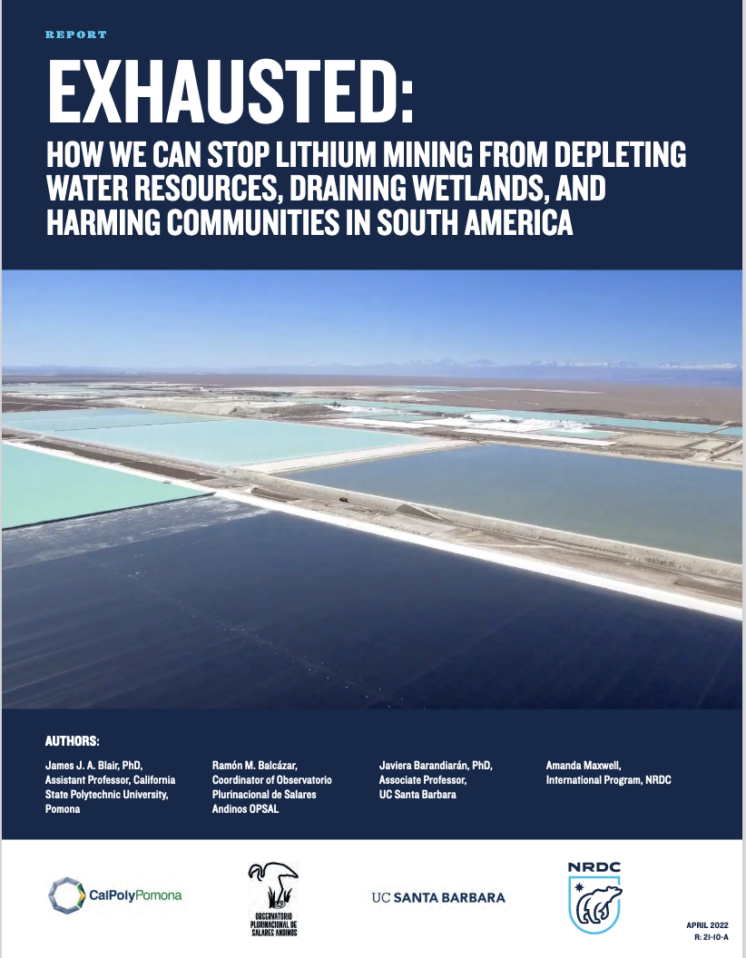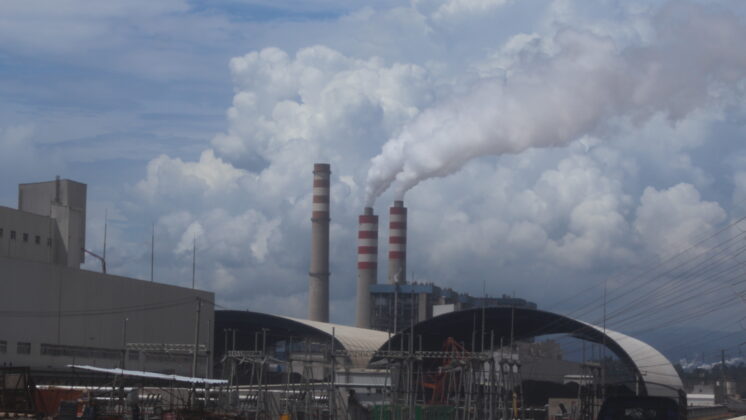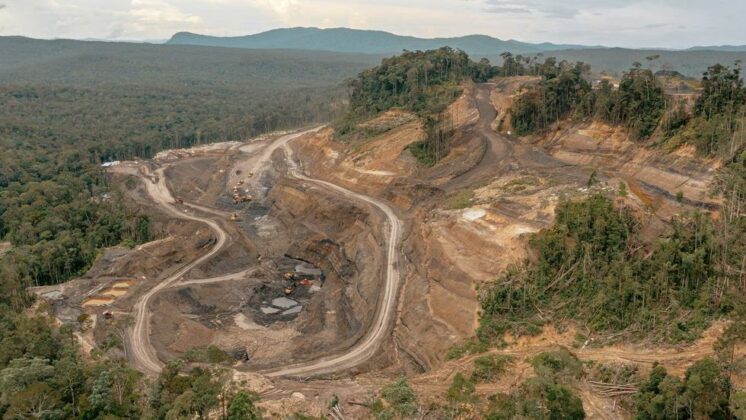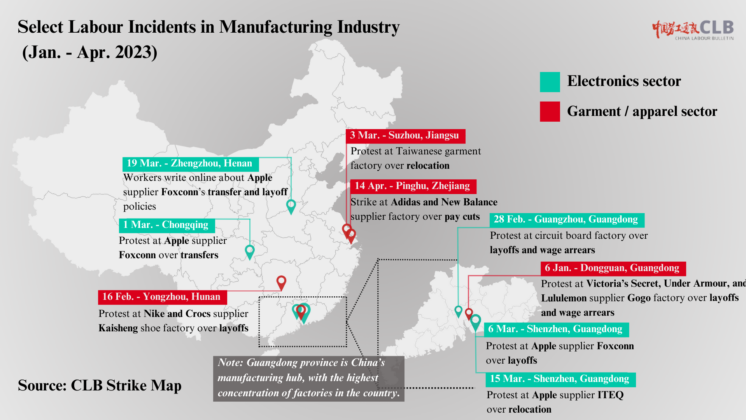A new report by researchers from the NRDC (Natural Resources Defense Council), California State Polytechnic University, Pomona (CPP), the Plurinational Observatory of Andean Salt Flats (OPSAL), and the University of California, Santa Barbara (UCSB) highlights policies related to the transition to clean energy and electric vehicles which rely on lithium and other critical mined resources.

The report, Global Climate Action Must Not Sacrifice Communities and Environments Near Mining for Materials Like Lithium was published on April 28 and details examples from different salt flats in South America and offers eight key recommendations for communities, governments and the private sector throughout the lithium-ion battery supply chain to avoid these negative impacts while still advancing action to combat global warming:
- Respect and ensure free, prior and informed consent for Indigenous and local communities.
- Prioritize Indigenous knowledge and science of local ecosystems.
- Strengthen environmental standards for mining operations and monitor activities.
- Regulate and monitor the use of brines and make data about local water resources available and transparent.
- Encourage, invest in, and implement alternative ways to obtain lithium (e.g., reusing or recycling batteries; geothermal direct lithium extraction if developed in a just and sustainable manner).
- Ensure that companies throughout the battery supply chain require better practices from their suppliers.
- Apply longer-term solutions that reduce the need for new batteries, such as public transit, biking and walking.
- Enforce a moratorium on brine evaporation through application of the precautionary principle.
Read the press release in here.
The full report is available at NRDC website.










